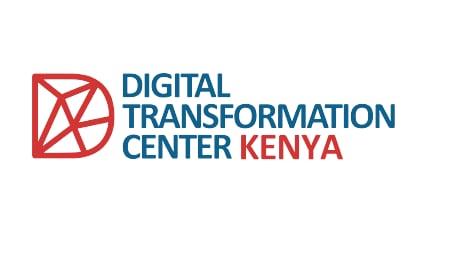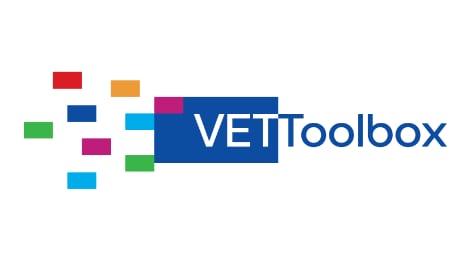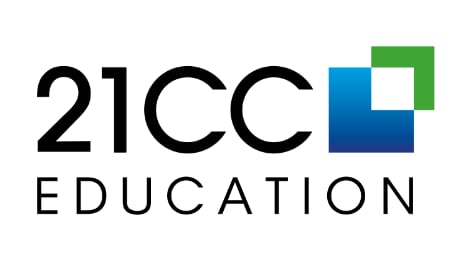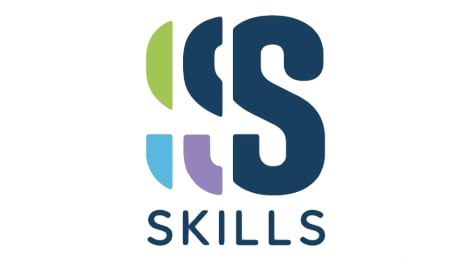
Learn to navigate the
gig economy
E-learning courses for gig workers to maximise their potential and support moving in and out of the gig economy.
Course highlights
- ~ 60 min per course
- Online, self-paced learning
- Includes free checklists, tools and resources
- In easy English
- AVAILABLE FREE OF CHARGE

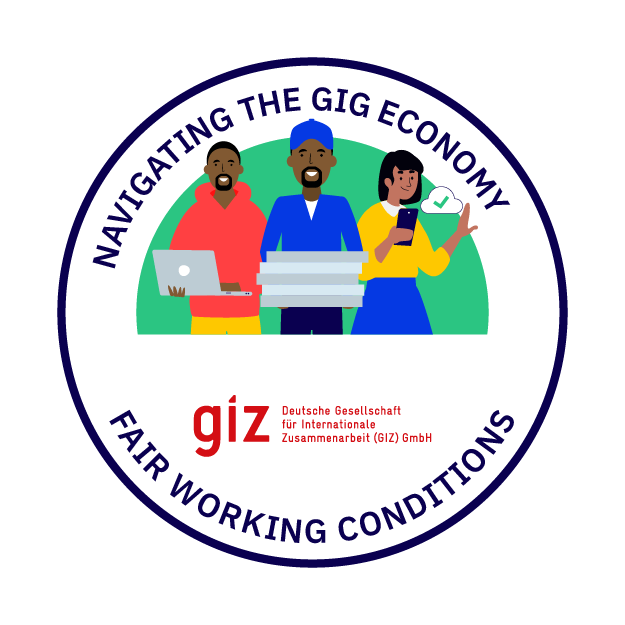
Millions of workers rely on the gig economy and digital labour platform for work. It promises flexibility and the low-entry barriers allow workers to turn their skills into a source of income. Working within gig economy can be equally demanding. It requires continuous investment in self-development, upskilling and learning how to use apps and various other tools. Our online courses help workers upskill and provide practical orientation on in-demand skills and negotiating fair working conditions.
On successful completion of each course, you can earn a credential in form of a DIGITAL BADGE shareable on your LinkedIn and earn an Achievement Certificate.
You can also unlock a COMPOUND BADGE by completing all three courses in a bundle and earning a specialisation.
Bundle 1: Navigating the gig economy
Each course follows a modular approach of micro-learning and takes around 60 minutes to complete. Complete all three courses and earn a COMPOUND BADGE and an ACHIEVEMENT CERTIFICATE.

In this course, you learn about the fast-paced world of digital labour platforms, how to navigate the challenges of gig work and gain practical insights from other workers for thriving in the dynamic world of online work.

In this course, you learn about the principles of decent work and fair working conditions in the gig economy. You will be introduced to the concepts of minimum wage, contracts, social security and learn from the experiences of other workers in negotiating better working conditions for yourself.


Around half of gig workers in many countries are women. This course is for both women workers and their allies. You gain an overview of role of women gig workers in the digital economy. It offers an overview of the economic and social advantages of gig work, as well as the unique challenges encountered by women as gig workers. offers crucial guidance on women’s rights and entitlements, and how to overcome gender pay gaps and discrimination. For women gig workers it’s an opportunity to self-reflect. For their allies, it makes the case on why they must support women in their family, community or workplace – to maximise their potential
Bundle 2: Skills Trio
Each course follows a modular approach of micro-learning and takes around 60-80 minutes to complete.
Complete all three courses and earn a COMPOUND BADGE and an ACHIEVEMENT CERTIFICATE.

Gig workers need basic FINANCIAL LITERACY for financial planning, budgeting, saving and investing as a gig worker. In this course, you will get introduced to budgeting, understanding financial needs & wants, invoicing, cash flow, making and receiving payments, digital wallets, taxation rules etc. The course is written in simple English, contains tips from experts and other gig workers, and downloadable Templates and Quick Guides which you can use offline.

Gig workers must gain basic orientation to SOFT SKILLS for better customer service. This course teaches you effective communication techniques, bolstering self-confidence, understanding the online customer profile, master conflict resolution, negotiation, and other skills vital for personal growth and development. The course is written in simple English, contains tips from experts and other gig workers, and downloadable Templates and Quick Guides which you can use offline.
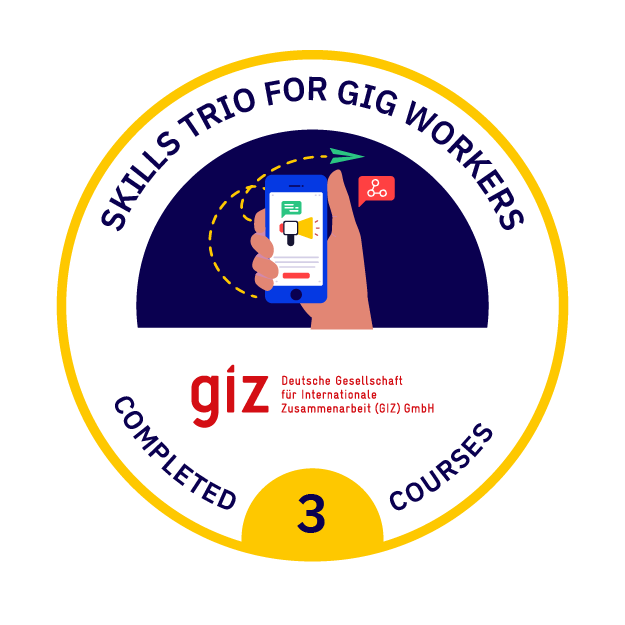

Gig workers need a basic orientation to DIGITAL SKILLS to thrive in the digital economy. It offers insights into basic data literacy, effective online communication and collaboration, digital content creation, organizing tools and online safety and security. It covers topics such as using an app, finding jobs on a platform, creating a profile, role of AI in allocating jobs and tasks, digital marketing tools, online safety, communication, time management, problem-solving, adaptability, self-management, client relationships and growth mindset.
Bundle 3: Sectoral Courses

Get to know the ride-hailing sector of the gig economy by spending a day in the shoes of Lubanzi, who works for a rideshare platform. During the game you will make decisions, just like a real gig economy worker to try to earn enough money whilst balancing your caring responsibilities and avoiding risks. In less than 15 mins, it offers you insights on fair working conditions and why it is important to offer gig workers social protection.

SKILLS4RIDERS
Attention! Riders. This gamified e-learning course offers delivery / dispatch riders the essential UpSkilling. Through the 24 e-learning modules (10-15mins for each module) with learning content covers four topics: Financial Literacy, Digital Literacy, Customer service orientation and Road safety. This course is developed by the VET toolbox project and was piloted in Nigeria. This course is specifically targeted towards gig workers active as delivery drivers for e-commerce companies in the transport and logistics sector.
Skills4Riders Financial Literacy Click here to enrol →
This course teaches you how to budget, manage your personal finances, evaluate financial services, and set specific targets to achieve your savings goals.
Skills4Riders Digital Literacy Click here to enrol →
This course teaches you essential knowledge on how to use the internet and their cell phones to maximize their earnings while improving their working conditions.
Skills4Riders Customer Orientation Click here to enrol →
This course teaches you basic concepts of customer orientation and the fundamentals of good customer service.
Skills4Riders Road Safety Click here to enrol →
Motorcycle crashes are a common cause of road traffic injuries, which can be prevented if everyone follows some basic road safety measures. This course will help you understand how you can keep yourself and others around you safe on the roads.

Bundle 4: Online tools for workers
Online and web-based tools to inform workers about in-demand skills and credentials, living wages and their rights. Workers can use the tools to get overall info or choose options for their custom results.

Living Tariff Tool
The tool will provide gig workers with accurate cost of living information and also help them account for calculate hidden and indirect costs like waiting times, cancellation fees, and non-payment by clients. It will also provide them information about relevant labour laws, vacation days, standard working hours, and more. Co-developed by GIZ and WageIndicator, The tool is currently available in Pakistan, Kenya and Indonesia.
India Living Tariff Tool: Click here →
Kenya Living Tariff Tool: Click here →

Skilllance’s primary goal is to highlight the best complementary skills for various profiles of online freelancers, ultimately enhancing workers’ positions on digital labour platforms. The tool is developed jointly by GIZ and DWG to provide both policy stakeholders and gig workers. Currently, it is piloted in India, Germany, United States, Kenya and Ghana.

This tool provides information about micro-credentials and how they can help gig workers learn about the types of skills and knowledge that can be acquired online, how to select the right micro-credential for your needs and examples of free websites offering online learning leading to credentials. This tool is aimed at supporting gig workers and vocational learners who look for work in the platform-based gig economy.
Informational tool on the value of micro-credentials →

Workshops for Intermediary Organisations
Conducted in hybrid and in-person formats, these workshops for worker representatives and intermediaries focus on the rise of digital labor platforms such as Ola, Upwork, Bolt, Fiverr. Participants delve into gig work categories, platform features, worker skills and rights, and agile regulation. The course aims to impart an understanding of value generation by these platforms while addressing associated advantages and risks.
Bundle 5: Workshops and Trainings
In person training formats like Training of Trainers, Masterclasses, Mentorship and Peer Learning to build capacities of workers, their representatives, and other stakeholders on navigating the gig economy.

Structured mentoring (online/hybrid mode) on self-development, skills and peer-learning. It includes various elements like masterclasses, webinars, and social media spaces to create a vibrant community and safe space for women to exchange and learn. Including training and development for mentors.

Our workshops prepare learners for careers in online labor platforms, covering practical skills like coding, translation, and virtual assistance whilst also orienting on soft skills such as profile building, and ensuring fair working conditions. We also offer training-of-trainer sessions that equip future trainers with the skills to support new freelancers.
About the course organizer
As part of the Global Programme on Digital Transformation, GIZ implements the ‘Fair Gig Work’ initiative on behalf of the German Ministry for Economic Cooperation and Development (BMZ). The gig economy initiative promotes fair work on digital labour platforms by building capacities of by workers, platforms and policy stakeholders on various aspects of fairness of platform work.
An important component of this initiative is to develop tools such as e-learning courses, trainings, talks, web-based applications that inform and orient worker on in-demand skills and work rights. The tools listed here are designed using the principles of human-centred learning by a team of global experts. The courses are endorsed by national and international partners for greater relevance and inclusivity.
Contact gigeconomy@giz.de for more details or if you wish to pilot these courses as part of your curriculum.
On behalf of

Implemented by

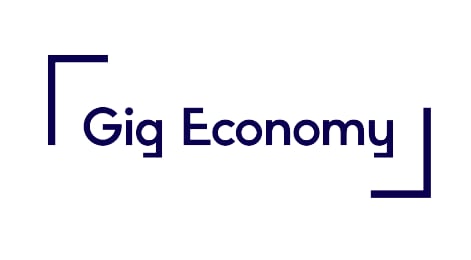

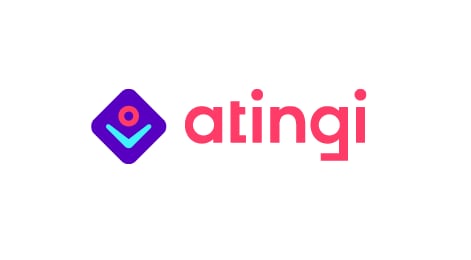
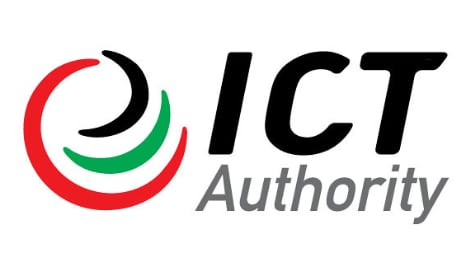
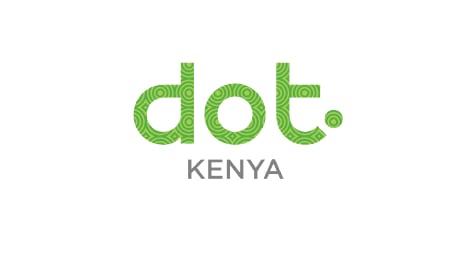
Endorsers and Contributing Partners
